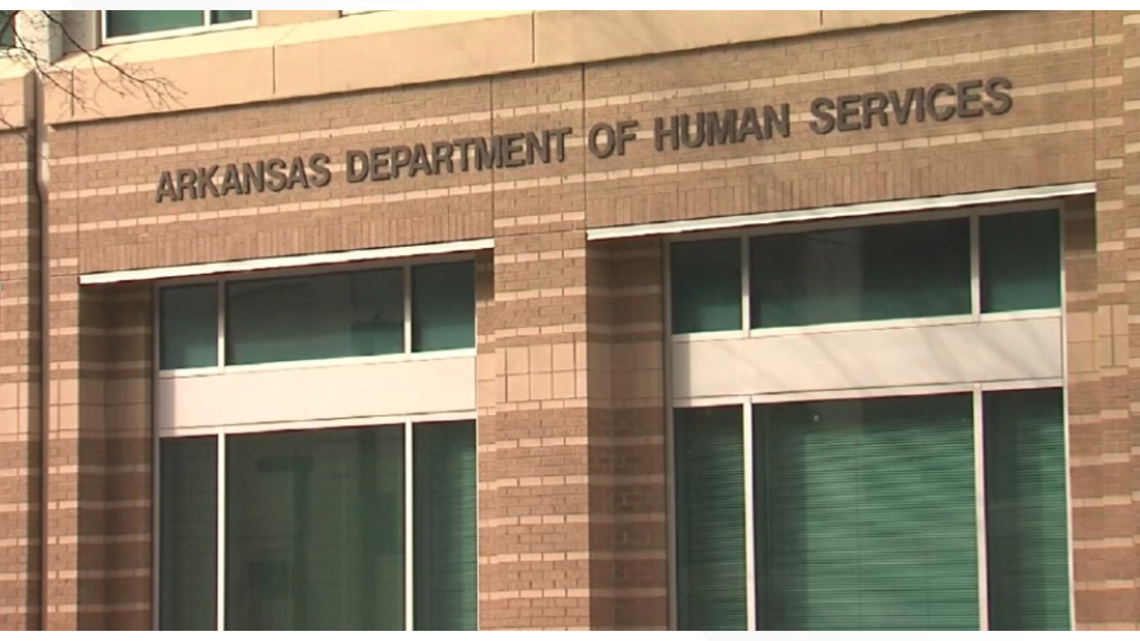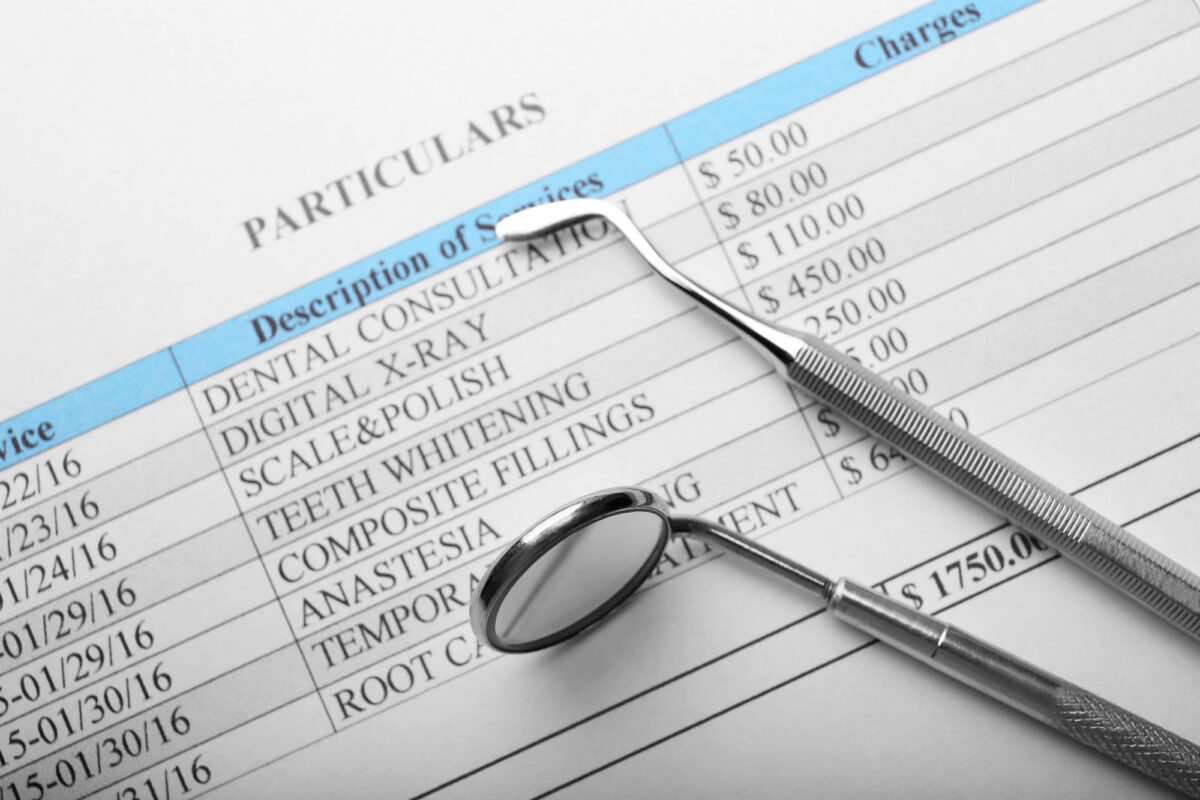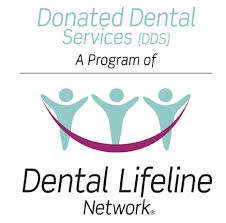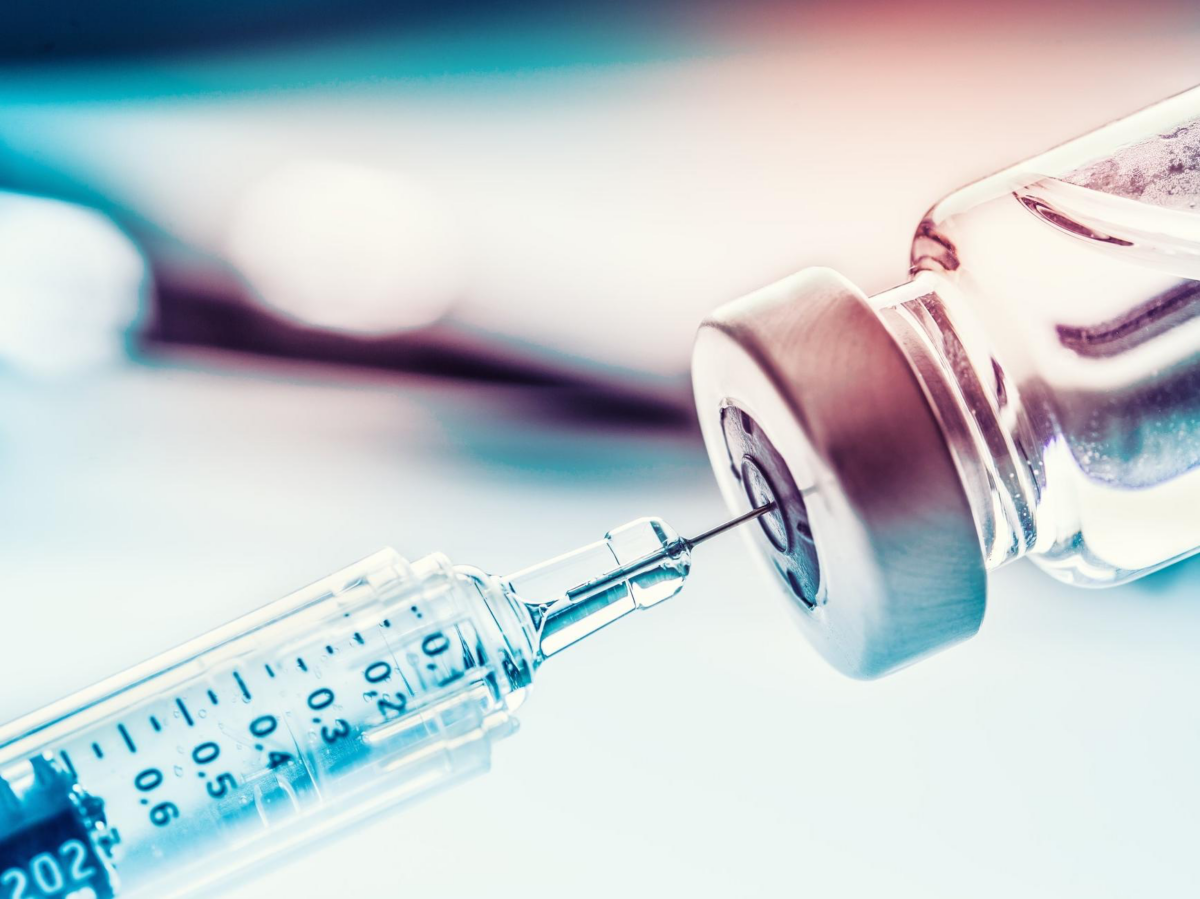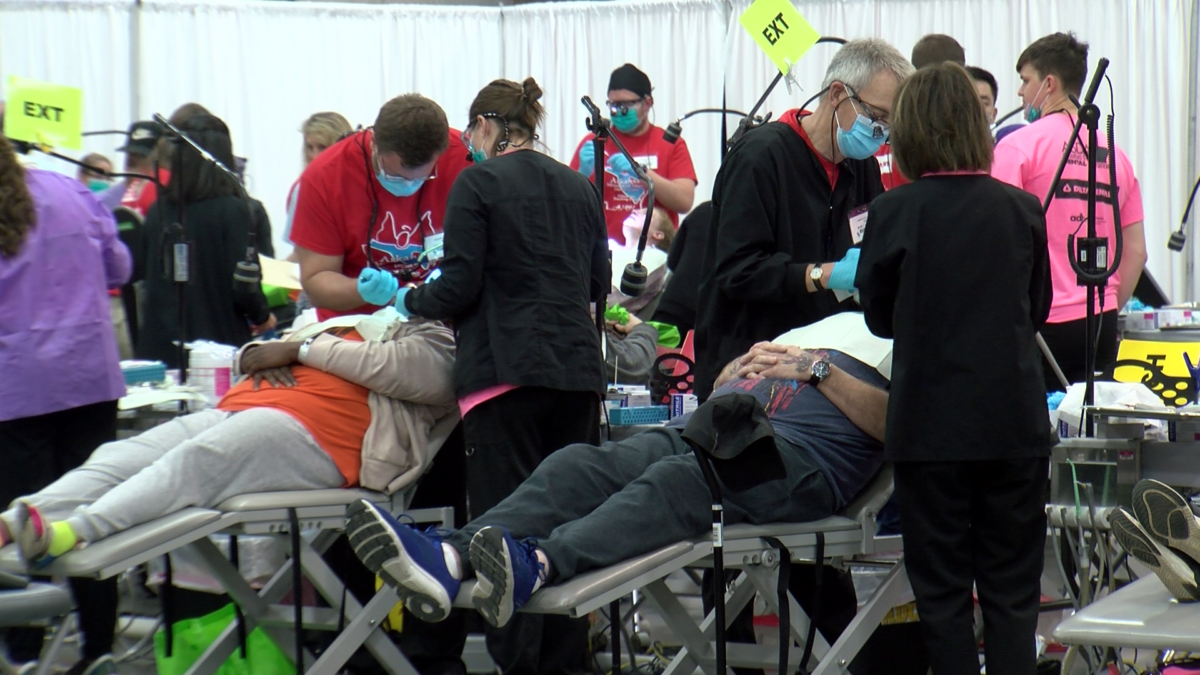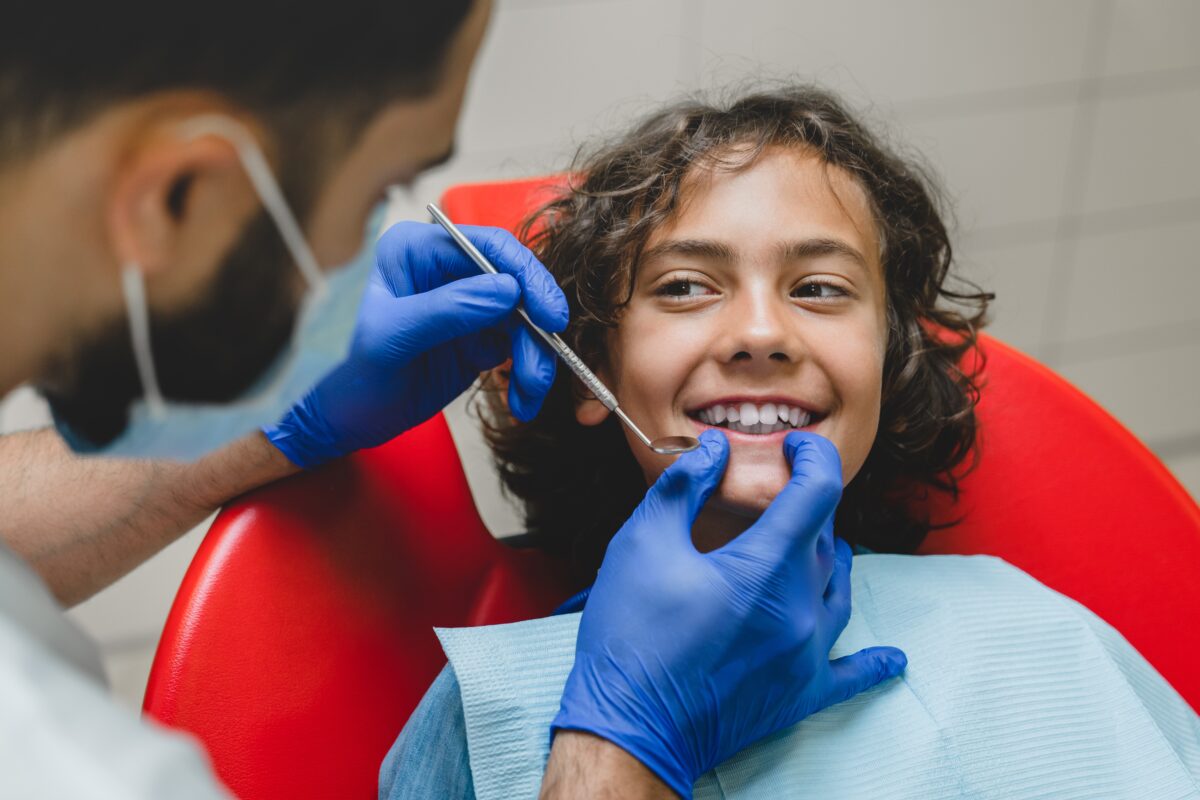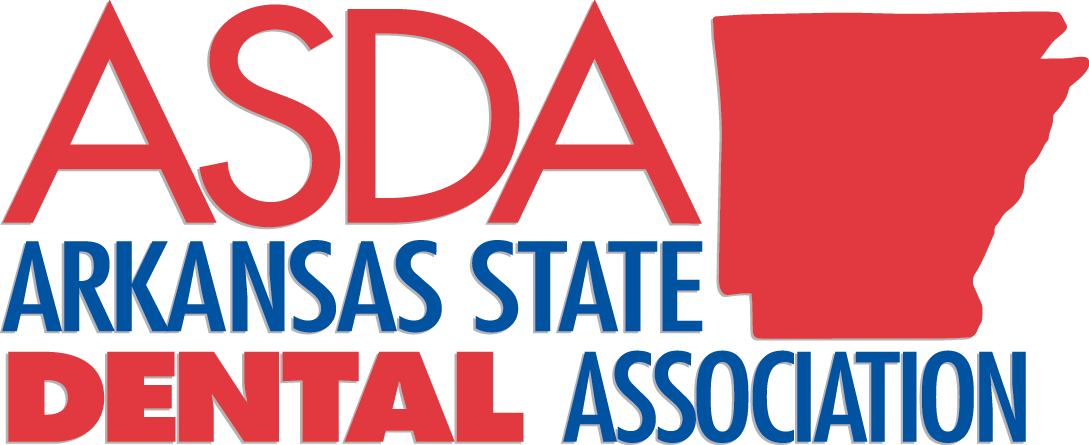Lyon College School of Dental Medicine set for new Little Rock location
After its plan to open a dental school on the Heifer International campus fell through in November 2023, Lyon College announced the Lyon College School of Dental Medicine will be located in Little Rock’s Riverdale neighborhood, in the former Blue Cross and Blue Shield space at 5 Allied Drive.
Reprinted from Arkansasonline.com:
In the announcement Tuesday, Little Rock Mayor Frank Scott Jr. expressed excitement that the college would keep its dental school in the capital city, “where it will be an excellent addition to a world-renowned medical ecosystem that serves the entire region.”
“It has taken a total team effort among city officials, business and community leaders, and developers to bring the state’s first dental school to Little Rock,” the mayor added. “I appreciate Lyon College for its partnership and commitment and look forward to the arrival of the first class of students in fall 2025.”
Lyon is collaborating with the University of Arkansas for Medical Sciences on the dental school, joining forces where practicable and identifying opportunities for joint teaching, research, graduate education and professional development that benefit students and faculty, under a memorandum of understanding announced in 2022.
The college is also partnering with the Arkansas Department of Health and Arkansas Oral Health Coalition to increase awareness of oral health in Arkansas.
In March, Republican U.S. Sen. John Boozman championed a $15 million federal appropriation for Lyon’s dental school, according to the college. Additional educational support has been secured by the college from the state’s dental community.
Arkansas is one of only 14 states that do not have a dental school or college, according to listings from the Commission on Dental Accreditation. Arkansas fares poorly in dental health, ranking near the bottom for U.S. states, according to the national Library of Medicine.
“We remain committed to addressing the oral health needs of the underserved across Arkansas, and I am excited about the new possibilities that this location offers us to positively impact the community, improve oral health literacy, and increase access to quality oral health care,” Soffe said in the news release. “Lyon College’s new school will feature cutting-edge facilities equipped with advanced technology, fostering innovation and collaboration among students and faculty.”
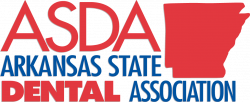


 The American Dental Association (ADA) urges all dental practices to remain vigilant after it was contacted by the Federal Bureau of Investigation (FBI) with information regarding a credible threat to the practices of oral and maxillofacial surgeons.
The American Dental Association (ADA) urges all dental practices to remain vigilant after it was contacted by the Federal Bureau of Investigation (FBI) with information regarding a credible threat to the practices of oral and maxillofacial surgeons.